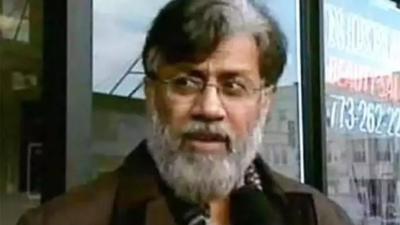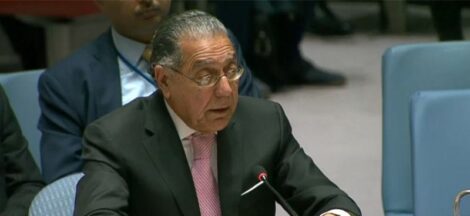A multi-agency delegation from India has travelled to the United States to facilitate the extradition of Tahawwur Rana, accused of involvement in the 2008 Mumbai terror attacks. This development follows the US Supreme Court’s denial of Rana’s petition seeking to halt his extradition, effectively exhausting his legal avenues in the American judicial system.
Rana, a Canadian national of Pakistani origin, has been implicated in the planning and execution of the attacks that resulted in the deaths of 166 individuals. His association with David Coleman Headley, a key conspirator in the attacks, has been a focal point of the investigation. Headley, who is currently serving a 35-year sentence in the US, provided testimony implicating Rana in facilitating reconnaissance missions for the attacks.
The US Supreme Court’s decision to deny Rana’s petition marks a significant milestone in the prolonged legal proceedings surrounding his extradition. The court’s refusal to grant a stay underscores the strength of the evidence presented against Rana and aligns with the broader commitment of both the US and India to combat international terrorism collaboratively.
The Indian delegation’s presence in the US is aimed at completing the necessary formalities to ensure Rana’s transfer to Indian custody. This includes coordinating with US authorities to navigate the legal and procedural requirements inherent in the extradition process. The team’s efforts reflect India’s determination to bring individuals accused of orchestrating the Mumbai attacks to justice and to provide closure to the victims and their families.
Rana’s legal team has consistently argued against his extradition, citing concerns over potential mistreatment and the assertion that he has already been tried for related offenses in the US. However, the dismissal of his appeals by multiple courts indicates a consensus within the US judiciary regarding the legitimacy of India’s extradition request and the imperative of addressing transnational terrorism through cooperative legal frameworks.
The extradition of individuals like Rana is emblematic of the evolving dynamics in international law enforcement, where nations collaborate to address crimes that transcend borders. It also highlights the challenges inherent in balancing legal protections for the accused with the imperative of delivering justice for heinous crimes.




 An International Health Crisis Looms Large In The Area Of Tackling HIV
An International Health Crisis Looms Large In The Area Of Tackling HIV 